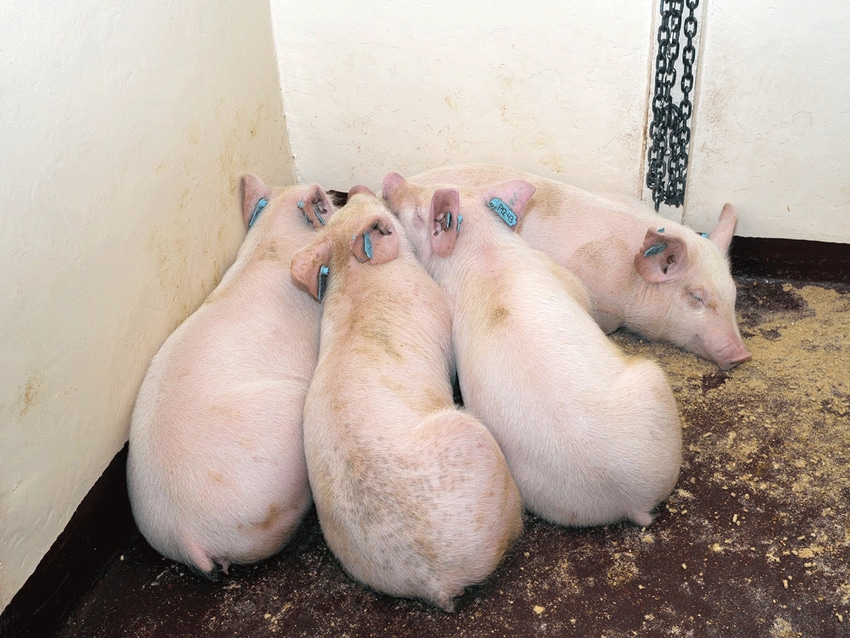African swine fever: Do you know the signs and symptoms?
APHIS urges anyone who suspects sick pigs to report it immediately to their veterinarian, or to state or federal animal health officials.
March 21, 2019

The USDA chief veterinary officer is reminding pork producers and veterinarians to be vigilant for signs and symptoms of African swine fever, a deadly swine disease that could dramatically impact the U.S. pig population.
“ASF has never been detected in the United States and we want to keep it that way,†says Jack Shere. â€�œOn-farm biosecurity is critical and plans should be evaluated to ensure strict procedures designed to keep animals healthy are being followed at all times.â€
USDA accredited veterinarians can review and assess biosecurity plans if needed. Biosecurity training is essential for all farm workers and visitors to understand the significance of disease prevention in order to protect U.S. pigs.
Vigilance is also crucial to disease prevention and USDA wants all veterinarians and producers to recognize the signs and symptoms of ASF:
High fever
Decreased appetite and weakness
Red/blotchy skin lesions
Diarrhea, vomiting
Coughing
Difficulty breathing
USDA’s Animal and Plant Health Inspection Service urges anyone who suspects sick pigs to report it immediately to their veterinarian, or to state or federal animal health officials. USDA’s hotline to report foreign animal diseases is 1-866-536-7593.
“Quick detection of any illness helps prevent large outbreaks,†says Shere. “We would rather be called out to investigate an illness and rule out a foreign animal disease than have someone wait to call us, allowing a disease to spread to other animals and herds.â€
More information on ASF, partner resources and additional resources for producers and veterinarians are available on the APHIS ASF webpage and in this infographic.
Source: USDA APHIS, who is solely responsible for the information provided, and wholly owns the information. Informa Business Media and all its subsidiaries are not responsible for any of the content contained in this information asset.
About the Author(s)
You May Also Like



